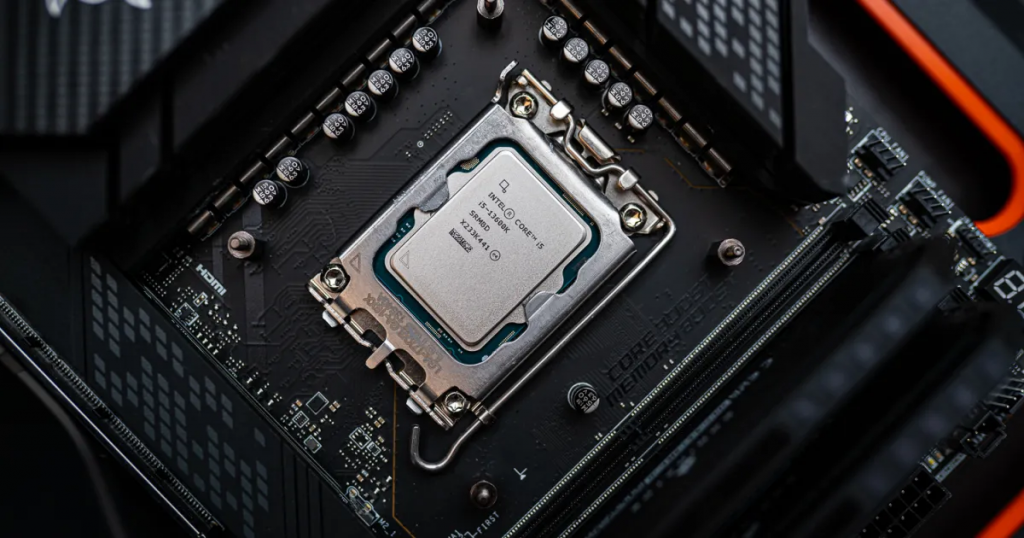In a bizarre turn of events, a Reddit user by the name of Much_Designer_8417 recently shared a cautionary tale that has sent ripples through the tech community. In a post that quickly gained attention, he revealed that what he thought was a high-end Intel Core i9-13900K processor, purchased from Amazon UK back in April for £585 (approximately $736), turned out to be a less expensive Core i7-13700K. The Redditor’s post included compelling evidence, including images from Core Temp and CPU-Z, showcasing that the processor he received was indeed the Core i7 variant, despite having paid a premium for the Core i9. The cause of this mishap? An old and cunning trick known as the integrated heat spreader (IHS) switching.

It is speculated that either a previous buyer or even the seller themselves may have removed the IHS from a Core i9-13900K, swapped it onto a Core i7-13700K, and then returned the downgraded chip for a refund. Such CPU scams are not entirely new. In the past, we’ve seen counterfeit Intel chips sold as higher-end models, including a case in China where Celeron D 336 chips were passed off as i7-8700K CPUs.
The fact that this incidence took place on a platform as respected as Amazon is what makes it startling. Although it is yet unknown whether Amazon or a third-party vendor sold the fake CPU, it serves as a stern lesson for customers to use cautious and confirm the legitimacy of their purchases.

The relatively slight CPU reduction in this situation is what makes it unique. The performance difference between the Core i7-13700K and the Core i9-13900K might not be immediately apparent for routine tasks and gaming. This may be the reason it took Much_Designer_8417 a while to recognize his mistake.
While the Redditor in question is undoubtedly in the wrong, this episode should serve as a great lesson for shoppers everywhere. It’s imperative to check and authenticate your gear as soon as it arrives, regardless of where you bought it. In the digital age, the proverb “buyer beware” still holds true, and caution is still the best defense against these scams.


